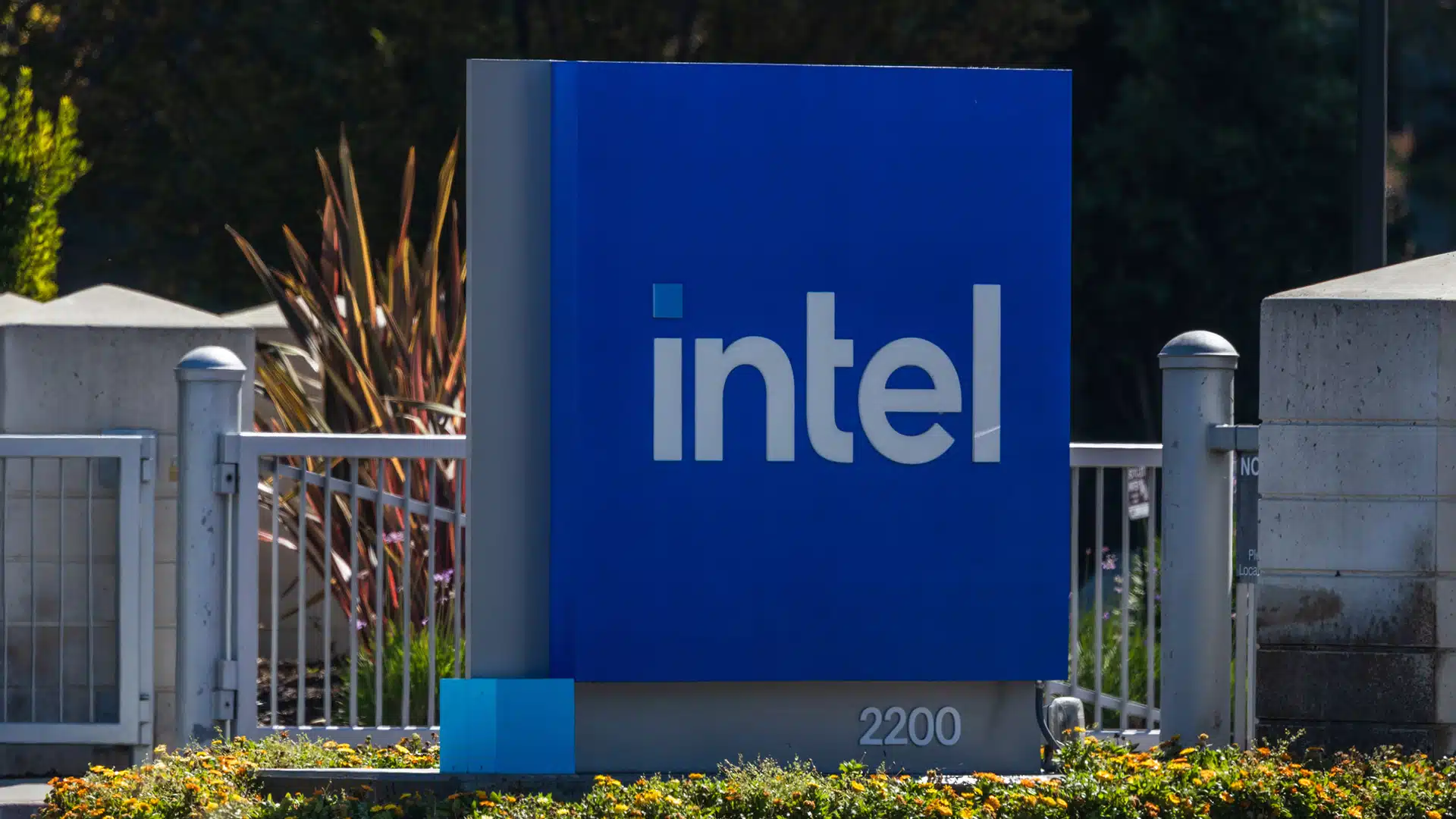This roundup highlights key findings from a batch of recently released reports on CX and CX-related subjects. Find out what LiveVox and Omdia consider barriers to great CX, bookended by the results from Telus International on how consumers really feel about bad CX. A second set of bookend stories can be found in Alida’s take on customer empathy, ranged alongside a report from Khoros on how contact center agents can be persuaded to remain in an industry suffering from attrition. The fifth piece in the roundup sheds light on why insurance leaders believe data technologies hold the key to industry advancement. Details follow below.
LiveVox & Omdia: Three Barriers to Great CX and Agent Productivity
The biggest barriers to quality CX and agent productivity are inaccessible and unintegrated data, too much technical complexity in the work of customer service agents, and the slow pace of adoption of digital tools, according to a new joint study from LiveVox, the provider of customer service and digital engagement tools headquartered in San Francisco, and Omdia, the London-based technology research and consulting firm.
Findings from the study, entitledAre Agents Ready for the New Digital Reality, show that even in today’s increasingly digital environment, 41% of agents still felt they lacked the training and knowledge necessary to deliver a digital-first, omnichannel engagement with customers. Moreover, 31%–less than a third–were able to develop a holistic view of the customer journey, and only half, or 50%, were able to access data across their company’s business units. The result? 65% of agents said CX differs across channels, 49% said customers call back repeatedly to resolve issues, and only 37% said they were empowered to act in the customers’ best interest.
The joint study with Omdia also revealed that agents dealt regularly with an unnecessary amount of complexity—too many applications, too much tech that’s hard to use, and an inability to clearly see the data needed to personalize customer interactions. Such limitations harm agent productivity and morale, which means the creation of a streamlined, agent-centric experience is a must, the study notes.
Khoros: How to Retain Contact Center Agents and Prevent Attrition
A new white paper from Khoros, the Austin, Texas-based global customer engagement software company, identifies how contact center automation can improve job satisfaction for customer service agents and reduce turnover. Compared to other occupations, contact centers lost twice as many employees, costing brands time and money while also disrupting customer care, the paper points out the paper, Turning the Great Resignation into the Great Retention.
The paper includes strategies that companies can deploy to stem agent attrition. Defining a career path for agents is extremely important because it highlights the possibility for advancement, helping agents feel valued, the paper notes. Better technology and tools must also be provided to alleviate the daily aggravations agents face, and thoughtful automation should be implemented to reduce agent stress.
Automation, in fact, can help contact centers create the agent of the future, one able to handle multiple types of inquiries and show true empathy to customers, the paper says. And while turnover cannot be eliminated completely, modern technology like automation can help agents become more productive and successful, making customers happy as well.
Alida: Divergent Views on Customer Empathy
A majority of CX experts and specialists believe customer empathy is necessary to create business value, but the practitioners say that view is shared by a much smaller percentage among companies on an organizational level, underscoring a significant disconnect between the two groups, says a new research report by Alida, the provider of a customer experience management (CXM) and insights platform based in Toronto, Canada.
Findings from the report, Empathy in Action: The Business Value of Customer Empathy, show that in a survey of about 200 CX consultants and in-house practitioners, 70% profess empathy as being essential in their day-to-day work in customer engagement. However, the reverse is true for companies: the belief that customer empathy must also be espoused by organizations is true for only 30%. Moreover, a third of respondents said their firms did not understand at all the role and value of empathy in delivering positive business results.
The report also points out that CX practitioners do not believe their employers do enough to develop or inculcate empathy throughout the organization.
Reltio: Insurance Leaders Agree Data Technologies Are Key to Advancement
Insurance leaders believe that digital technologies related to data, including data management and big data analytics, will be key factors in the advancement of the insurance industry during the next three years, states a new report from Reltio, the Redwood City, California-based provider of a master data management platform for enterprises seeking to unify data and unearth new insights.
In the report, “Insurance CIO Mega Trends: Building Effective Digital Strategies in a Transforming Insurance Market,” a plurality (43%) of insurance executives agree that data management will be an important technology to help companies achieve digital transformation. Data management is considered to be of critical importance to the trade, with 82% saying that fragmented customer data remains the top challenge in the industry’s quest to deliver seamless CX. Most respondents (55%) also say there is room for improvement in their data management operations, as they continue to contend with data silos.
Insurance experts also believe that big data analytics will exert significant impact on the insurance industry. Such a view is held by 62% of the respondents—a larger share than that garnered by cloud computing and storage (57%), the internet of things (IoT) and telematics (55%), or artificial intelligence (AI) and machine learning (ML).
Telus International: Nothing is Worse than Bad CX
Is being stuck in a traffic jam preferable to having a bad CX? For 60% of consumers, the answer is a resounding “yes,” according to the findings from a survey of 1,000 US consumers released by Telus International, the Vancouver, Canada-based provider of IT services and multilingual customer service to global clients.
For more than a third (44%) of respondents, nothing—not price, convenience, or even a well-liked brand—excuses poor CX. Consumers also prefer a more personalized CX (64%) than ones that saved them time (36%). And long wait times were the top pet peeve (32%), followed by a tie between not having the option to speak with a human agent (25%) and multiple transfers to various customer service agents (25%).
What is clear, says Maria Pardee, chief commercial officer at Telus International, is that brands must continue to innovate and evolve in the way they connect with consumers today. Pardee says leveraging AI and automation to give CX delivery agents data-driven insights can personalize customer-brand interactions. And by introducing the appropriate digital channels—from social media to live chat—companies can meet customer needs.
The survey also revealed that “kind” or “kindness” was the most popular write-in answer from consumers when asked what CX should look like in 2022, which the company said highlighted the importance of employing empathetic individuals when representing a brand.
Author Information
Alex is responsible for writing about trends and changes that are impacting the customer experience market. He had served as Principal Editor at Village Intelligence, a Los Angeles-based consultancy on technology impacting healthcare and healthcare-related industries. Alex was also Associate Director for Content Management at Omdia and Informa Tech, where he produced white papers, executive summaries, market insights, blogs, and other key content assets. His areas of coverage spanned the sectors grouped under the technology vertical, including semiconductors, smart technologies, enterprise & IT, media, displays, mobile, power, healthcare, China research, industrial and IoT, automotive, and transformative technologies.
At IHS Markit, he was Managing Editor of the company’s flagship IHS Quarterly, covering aerospace & defense, economics & country risk, chemicals, oil & gas, and other IHS verticals. He was Principal Editor of analyst output at iSuppli Corp. and Managing Editor of Market Watch, a fortnightly newsletter highlighting significant analyst report findings for pitching to the media. He started his career in writing as an Editor-Reporter for The Associated Press.








